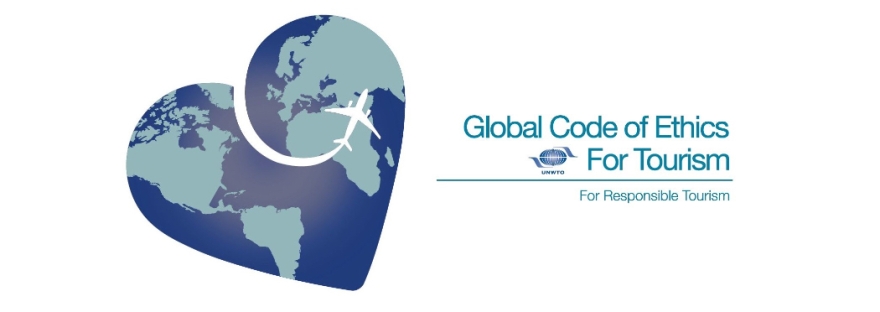In doing an assignment for my Introduction to Adventure Tourism class this week I came across what I consider to be a pretty valuable document when it comes to not only being a tourism operator, but also a tourist as well. It is called the Global Code of Ethics for Tourism and it was developed by the United Nations World Tourism Organization. YOu can access the document here: Tourism Ethics
One of the challenges that we face as tourist and tourism operators when we travel to a cultural outside of our own is Moral Relativism. “Moral relativism is the view that moral truth or justification is relative to a culture or society, and that justifications for moral judgments are not universal, but are instead relative to the traditions, beliefs or practices of an individual or a group of people.” (Lovelock, p337). We tend to see the world and our experience based on the culture and experiences we were raised in. unfortunately this can also lead to unintended judgement or even insults. Just because something is not familiar or common to us, does not necessarily make it wrong, or dismissable. It is a part of the culture that we have decided to experience and as such we need to be open to new ways of doing things, new ways of seeing things, and most importantly respecting each others diversity from a place of understanding. It is not to say that we have to accept the beliefs and traditions of other cultures, just make an attempt to learn them and try to understand them. (I would advocate here however that anything that violate a persons dignity and value is never acceptable and we as tourists and tourism operators have the ethical responsibility to not only avoid such things, but work to end them!)
As citizens of the world, we have a responsibility to the world! We live in time unlike any other where the world truly is open to us! We have a chance that generations before us never had and that is to experience other cultures virtually or even more options physically as well. It is in taking that time to understand our diversity that we as a world become better people and start building bridges to even greater understanding and community.
Sources:
Lovelock, B., & Lovelock, K. M. (2013). The Ethics of Tourism: Critical and applied perspectives.New York: Routledge.
UNWTO. (2014). Global Report on Adventure Tourism. Madrid, Spain: World Tourism Organization. Retrieved March 2nd, 2018 from http://cf.cdn.unwto.org/sites/all/files/pdf/final_1global_report_on_adventure_tourism.pdf

